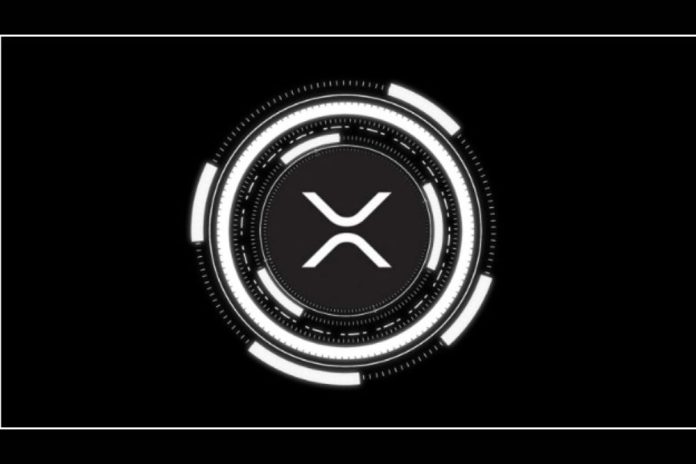SuisseGold, a prominent Swiss-based precious metals dealer, has made a significant announcement, confirming that it has begun accepting XRP as a payment method.
This move highlights the growing acceptance of cryptocurrencies in traditional financial markets, particularly in the commodities sector. The decision marks a key development for XRP, further solidifying its role as a viable option in the evolving digital economy.
The announcement, shared on X by Amelie (@_Crypto_Barbie), a notable figure in the cryptocurrency space, emphasizes the increasing integration of digital currencies within established industries. The adoption of XRP by SuisseGold is part of a broader trend where cryptocurrencies are gaining recognition as legitimate means of transaction beyond speculative trading.
SuisseGold’s move to accept XRP can be seen in the context of Ripple’s broader strategy to expand its global influence. Ripple, the company behind XRP, has been forging significant partnerships with financial institutions and payment providers worldwide.
Ripple’s mission to enable secure, instant, and cost-effective international payments is gaining traction, especially as more businesses recognize the benefits of decentralized, blockchain-based currencies.
XRP and Its Increasing Global Role
XRP’s acceptance by SuisseGold comes amid growing interest in the currency from various sectors. Ripple’s ongoing partnerships with leading financial institutions have helped to position XRP as a solution for cross-border payments.
The currency’s speed, efficiency, and low transaction costs are key advantages that distinguish it from other cryptocurrencies like Bitcoin and Ethereum, which often face challenges such as higher fees and slower transaction times.
SuisseGold’s adoption of XRP also shows a larger trend in which cryptocurrencies are gradually being accepted by mainstream businesses and institutions.
We are on twitter, follow us to connect with us :- @TimesTabloid1
— TimesTabloid (@TimesTabloid1) July 15, 2023
More and more companies are starting to accept cryptocurrencies as a form of payment, not just for digital goods but for physical assets such as precious metals. This shift reflects the growing confidence in cryptocurrencies as secure, reliable, and efficient means of payment.
Furthermore, XRP’s potential role in global finance is increasingly recognized, especially in light of discussions around the BRICS nations—Brazil, Russia, India, China, and South Africa—seeking alternatives to the traditional SWIFT system.
BRICS has shown interest in exploring new payment mechanisms to bypass traditional financial networks, and XRP’s capabilities make it a strong contender for such purposes. If XRP can secure a role in global payment infrastructure, it could significantly increase its value and usage, making it a central player in international finance.
Disclaimer: This content is meant to inform and should not be considered financial advice. The views expressed in this article may include the author’s personal opinions and do not represent Times Tabloid’s opinion. Readers are urged to do in-depth research before making any investment decisions. Any action taken by the reader is strictly at their own risk. Times Tabloid is not responsible for any financial losses.
Follow us on Twitter, Facebook, Telegram, and Google News



